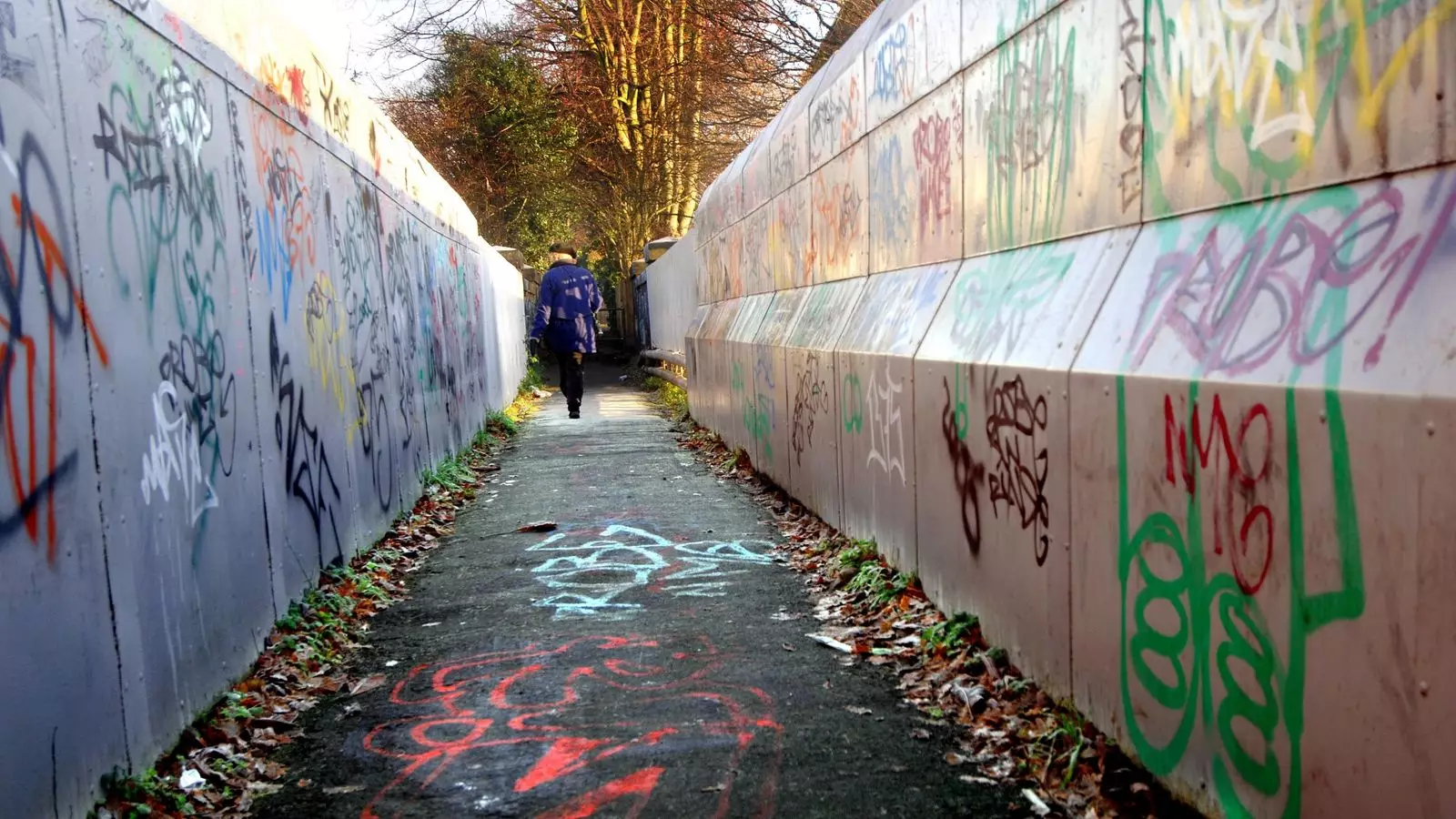In an effort to enhance public safety and instill a sense of security within neighborhoods, the government has introduced comprehensive measures encapsulated in the newly established “respect orders.” These orders aim to combat anti-social behaviour that has become increasingly prevalent across many communities. With the looming threat of two years in prison for offenders and accompanying penalties such as unlimited fines, community service, or curfews, the government is taking a stance to not only address but potentially eliminate disruptive behaviour that impacts the quality of life for residents.
The motivation behind these measures originates from the Labour party’s commitment to restoring law and order in public spaces, as articulated in their election manifesto. According to Home Secretary Yvette Cooper, the streets are unfortunately “plagued by anti-social behaviour,” which is known to have significant adverse effects on victims. This concern underscores the urgency for local authorities and law enforcement to take decisive action against habitual offenders.
Enforcement and Prevention: A Dual Strategy
The proposed crime and policing legislation grants local councils and police the authority to impose restrictions on those who persistently engage in anti-social actions. If enacted, law enforcement will be empowered to exclude such individuals from town centres, effectively creating safer public spaces for the general population. One notable aspect of these orders is the proactive approach to intervention, whereby offenders may be mandated to undergo programs like anger management or addiction treatment, signaling a commitment to addressing underlying issues rather than merely punishing individuals.
Importantly, the government plans to expedite the enforcement of measures by eliminating the requirement for warnings prior to seizing vehicles involved in anti-social incidents, particularly addressing the annoyance caused by off-road bikes and e-scooters. This swift action is aimed at establishing a definitive stance against such nuisances, which pose a risk to both public safety and enjoyment of community spaces.
Community Support and Future Implications
Feedback from various stakeholders indicates a positive reception to the focus on tackling the causes of anti-social behaviour. Harvinder Saimbhi, head of the charity ASB Help, has expressed optimism regarding the implementation of respect orders in curbing disruptive actions, demonstrating a willingness to collaborate on initiatives that foster community welfare. As reported in the previous year, a staggering one million incidents of anti-social behaviour were logged, emphasizing the critical need for these proposed reforms.
Deputy Chief Constable Andy Prophet has highlighted that these orders will allow both police and local councils to wield enhanced authority in making public spaces safer. This joint approach between law enforcement and community oversight represents a strategic alliance in addressing a growing societal concern.
As the plans for respect orders move forward, attention will focus on their practical implementation and effectiveness in reducing anti-social behaviour. The combination of enforcement and rehabilitation underpins a strategic shift towards not only responding to crime but also preventing it through community engagement and support. By fostering an environment where safety and civility are prioritized, the hope is that these initiatives will indeed pave the way for a more peaceful coexistence within communities across England and Wales.


Leave a Reply